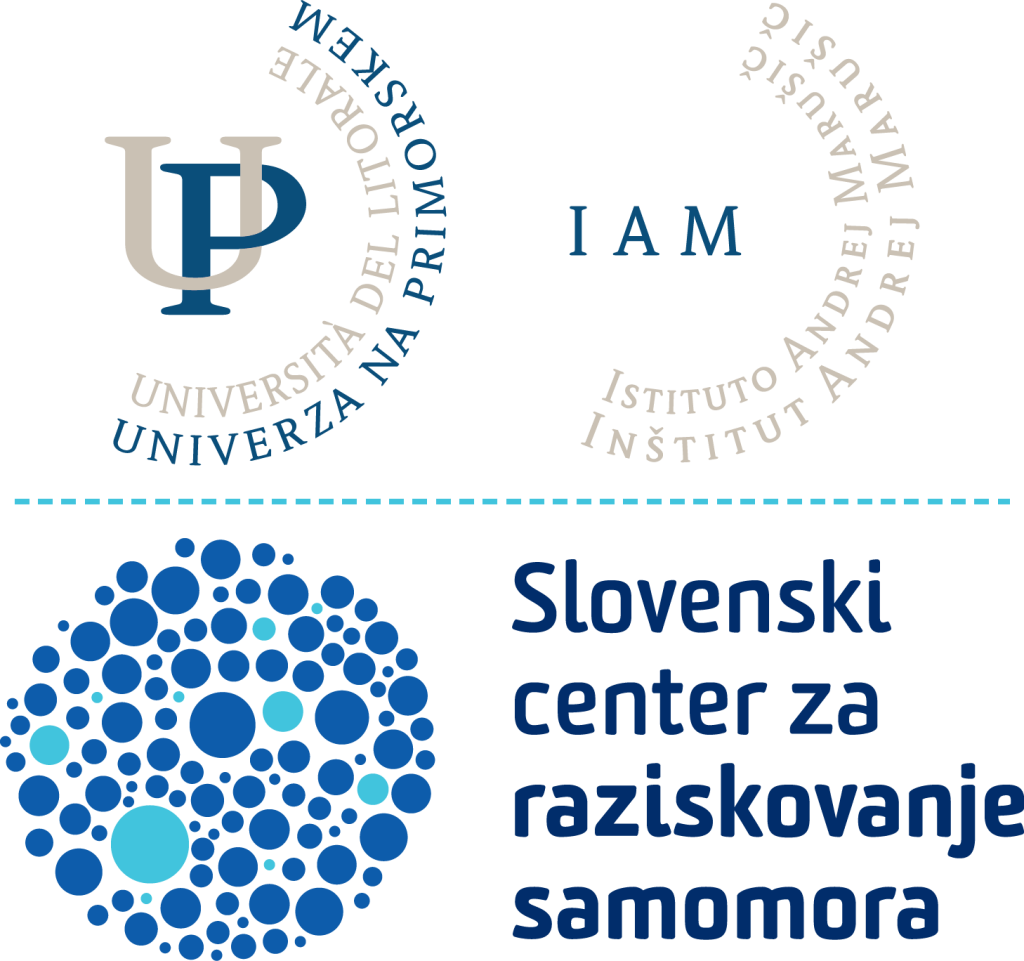Code: J6-3123
Sponsor: Javna agencija za raziskovalno dejavnost RS

Duration: 1. 10. 2021–30. 9. 2024
Head: dr. Meta Remec
The central subject of analysis is the act of suicide which through the centuries has had a variety of connotations in different cultural environments. From the historical viewpoint it is interesting, as it reflects the values, fears and prejudice of the societies in different periods of time. The research focuses on the period after the decriminalisation of suicide after 1850, which allowed the shift of focus from punishment to prevention and the transformation of those who would commit suicide from criminals and sinners into patients. Suicide – decriminalised in accordance with the civilizational norms –moved into the area of social pathology (along with alcoholism, idleness, teenage rebellion, and certain sexual deviations), only to finally become a matter of choice and from crime, sin and symptom ultimately became a “behavior”.
The research is divided into several sections, which are intertwined in terms of content and time:
- from a crime to the decriminalisation of suicide;
- suicide in the Catholic and bourgeois moralistic discourse and literature;
- from sin and shame to illness and psychological distress: suicide from the viewpoint of psychiatry and psychology;
- images of suicide regarding gender and age;
- suicide during socialism.
Based on quantitative and qualitative data, the suicide trends will be presented in view of the various state, political, and ideological contexts; while the central part of the research will consist of a discourse analysis, indicating how the issue of suicide was perceived in each of the periods under consideration; how it was dealt with; and how the aforementioned discourse influenced the formation of social order, social hierarchy, and marginalisation of individuals who might have deviated from the generally-accepted social norms. Suicide will thus serve as a case study for a wider socio-historical analysis of shifts in values, mentality, behaviour, and the dominant public discourse in Slovenia during the period under consideration. By means of a critical discourse analysis, the research will shed light on the foundations that all of the modern perceptions of suicide have been built on. It will also provide a comparative study of the Slovenian territory and its vicinity, especially the German and Italian-speaking territories; point out its specific characteristics; and analyse the reasons for them. Furthermore, it will also establish the origins and consequences of the social stigma that still accompanies the act of suicide today.
Project goals:
- An original “longue durée” analysis of the phenomenon of suicide and its victims in Slovenia from the end of the 19th century (when suicide was formally decriminalised) to the modernity (when those who committed it gradually transformed from criminals and sinners into psychiatric patients under the influence of new theories and development of psychiatry.
- A comparative study between the situation in Slovenia and the development in the neighbouring, especially German- and Italian-speaking areas; presenting the peculiarities of the Slovenian area and analysing the reasons for them.
- A study of the origins and consequences of the social stigmatization of suicide and the influence of Catholic and middle-class morality in this area.
- An analysis of the perception of suicide and of those who would commit suicide in the various media and scholarly discourse and its impact on the changes in the perception of suicide, the formation of social order, social hierarchy, and the marginalisation of individuals who deviated from commonly accepted social norms.



